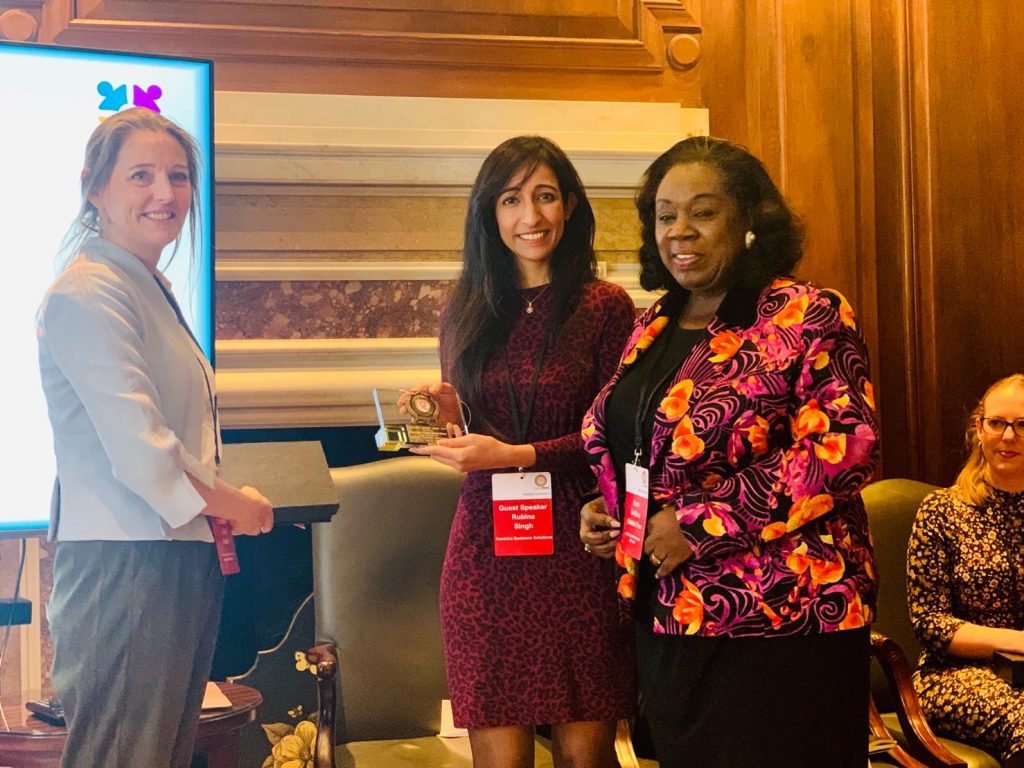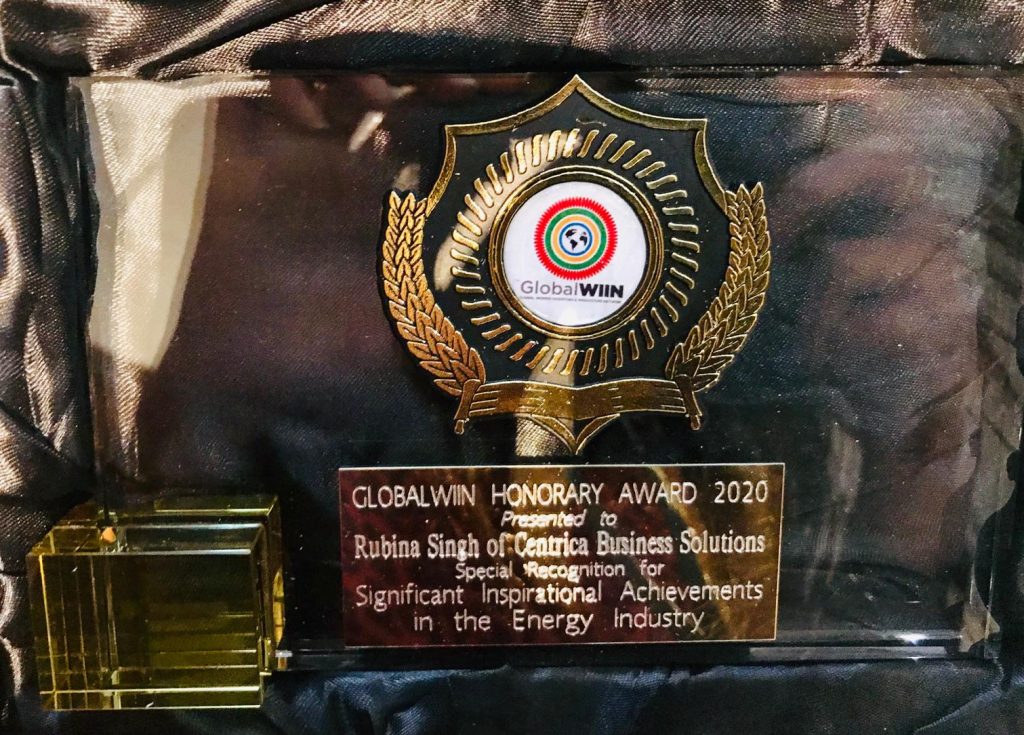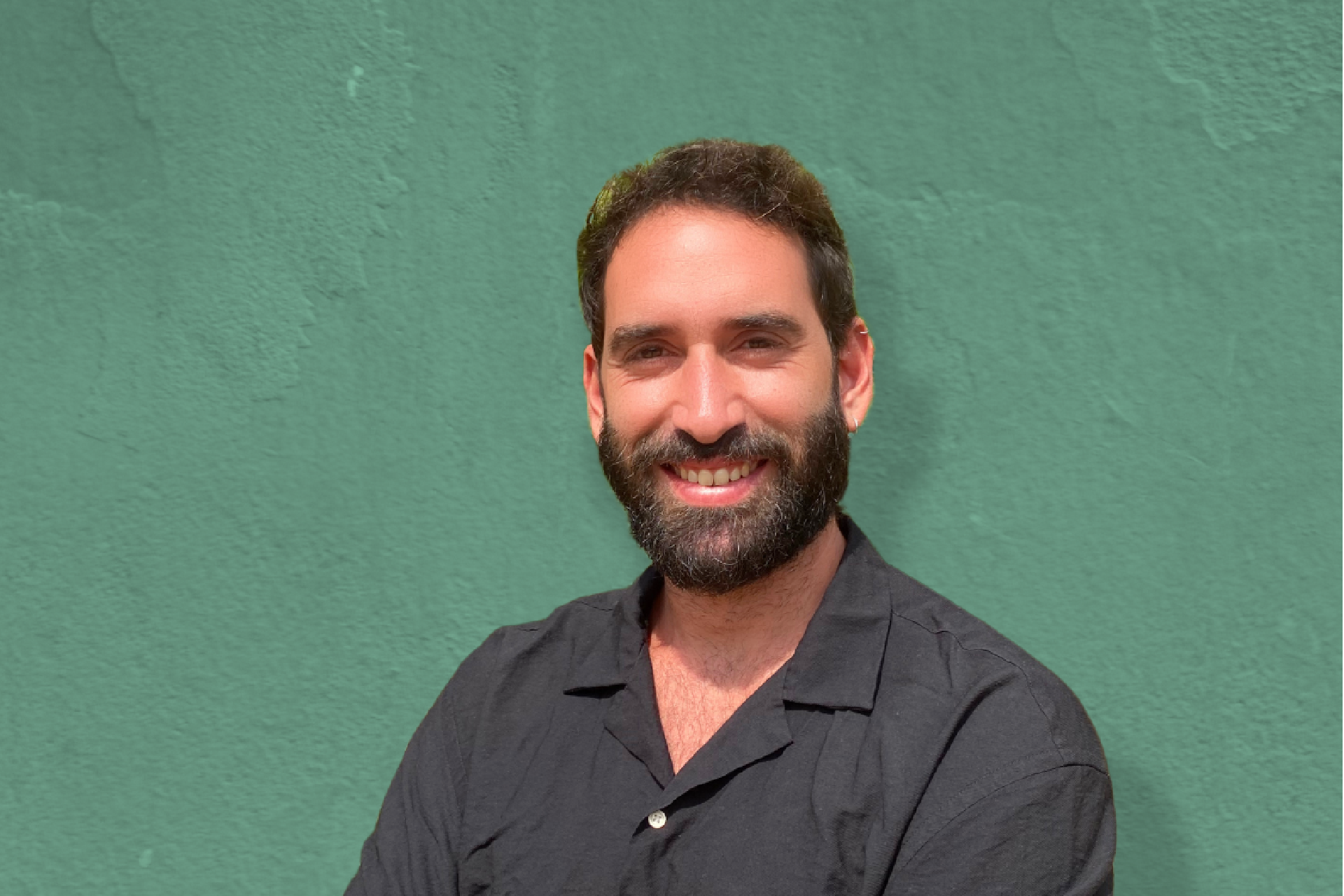Going Green started in Southern California and quickly went international when we saw how a sustainable future involves people and countries working together around the world. We are excited to talk to Rubina Singh, Principal Mobility Technologist, at Centrica, to discuss the convergence of the energy and transport industries.

How did you get involved in the sustainable industry?
Growing up in New Delhi, India, I saw the detrimental impact of pollution since I was a kid and was passionate about making a difference. While in school I also immensely enjoyed maths and physics so was inclined to study engineering. When I started at engineering school, my university had recently introduced a degree in sustainable energy engineering, which was the perfect combination of my two passions!
This was when my love affair with cleantech began. After finishing my undergraduate and master’s degrees in sustainable energy engineering I initially started my career as a solar engineer. As we have seen the industry grow and transition, my focus also transitioned from just solar to solar, battery storage and electric vehicles (which are essentially batteries on wheels!) One of the turning points for me was when the Solar Impulse flight took place – a round-the-world trip powered completely by solar and battery. This further strengthened my belief in the incredible things that we can achieve through clean sustainable technologies!
Today I work at the convergence of these industries: enabling technology development and innovation to integrate EVs with the energy landscape and accelerate our transition to a net-zero future. I am also lucky to be a part of the Solar Impulse Foundation now as an Advisory Expert to enable the development of innovative sustainable solutions that could change the world.
What trends are you seeing in your industry?
The energy and transport industries are undergoing a complete transformation and there are three key trends that I’m seeing.
The first is the convergence of the energy and transport industries. Over the past two decades, we’ve seen rapid growth in renewable energy technologies such as solar, wind and battery storage, and now the transportation sector is undergoing an electric revolution. This is bringing the two industries together and opening up a plethora of opportunities, innovation and business models to help design the future.
Another trend that I’m seeing is increasing connectivity and the role of data in customers lives but also in catalysing the move towards a net-zero future. With increasing digitalisation, the proliferation of smart connected technologies and the electrification of transport, we are moving towards a new era of connectivity encompassing phones, cars, homes and everything in between. I think this will result in a future where flow of energy and data blur the lines between the customer’s connected car, devices and smart home enabling a truly intelligent, green and seamlessly integrated future.
Finally, with COVID-19 and the global lockdown, people have started noticing the remarkable improvement in air quality. A recent study showed that his has made 45% of the people surveyed consider buying an EV as their next car. I’m hoping this really is a silver lining emerging out of the COVID crisis, and that it helps us accelerate the move to more sustainability in everything we do.

What is one “Action Item” the viewers can take away from this conversation?
On a personal level, I think becoming aware of the products we buy and use in terms of their carbon emissions, recyclability and environmental impact can help people make more environmentally conscious decisions. Let’s think about an industry that has already been through this journey: food. Today we are used to labels providing us with all the information we need to help us make smart choices, from ingredients to nutritional information. However, consumers today don’t get similar information on the sustainability (e.g., carbon footprint) of what they are buying. If consumers can be made more aware of the footprint of what they’re buying, I believe the demand for more sustainable products and services will naturally go up.
In the same vain, I think increasing awareness about sustainable products and technologies can help people better understand their options and reduce their personal carbon footprint. This could start with just taking an EV for a test drive or understanding the benefits of rooftop solar panel.
On an industry-wide level, I would recommend cross-sector collaboration. With the convergence of energy, transport and data sectors, I think partnerships have become even more important in understanding and addressing customer needs as well as enabling innovation and value creation.
Rubina is going to be a featured guest on an upcoming episode of Going Green. Be sure to subscribe to the podcast on Apple or Spotify to listen to Rubina’s episode along with other interviews with leading cleantech and sustainable experts.




